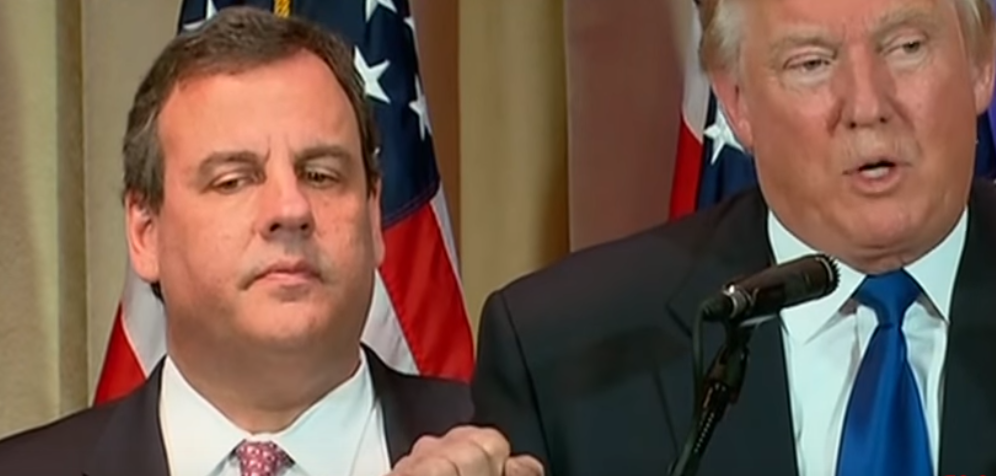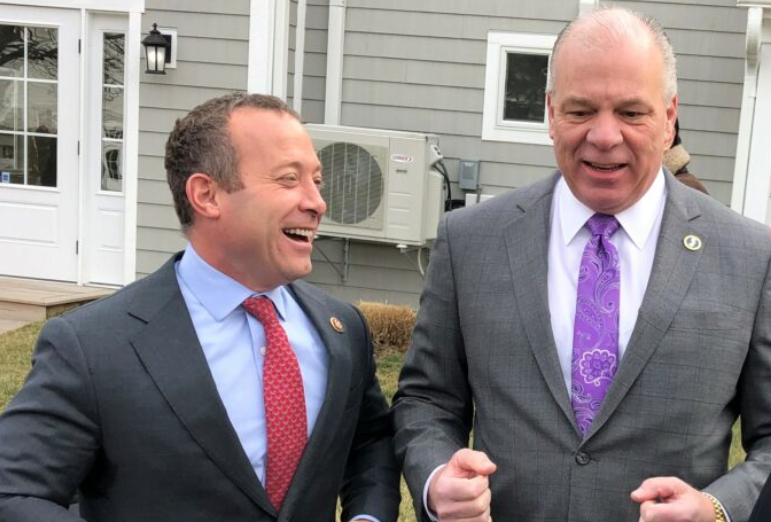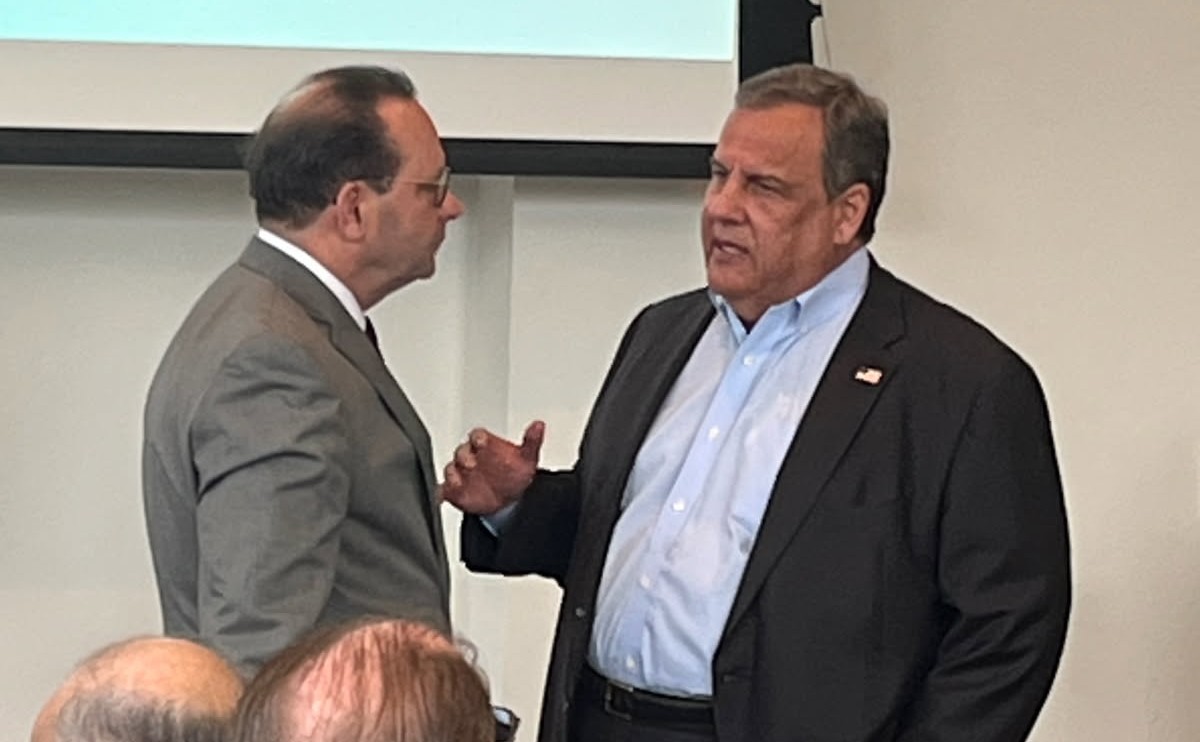As the 2016 presidential election draws closer, the political world is abuzz with speculation about who will emerge as the Republican and Democratic nominees. One name that has been mentioned frequently in recent months is New Jersey Governor Chris Christie, who has been widely rumored to be considering a run for the White House.
Christie, a brash and outspoken politician who has gained national attention for his tough-talking style and willingness to take on powerful interest groups, has long been seen as a potential presidential contender. However, his popularity has taken a hit in recent months due to a series of scandals involving his administration, including the so-called “Bridgegate” scandal in which several of his top aides were implicated in a scheme to close lanes on the George Washington Bridge as political retribution against a local mayor.
Despite these setbacks, many political analysts believe that Christie could still be a formidable candidate in the 2016 race. His strong record on fiscal issues and his reputation as a no-nonsense leader could appeal to conservative voters who are looking for a candidate who can shake up the political establishment.
However, there are also concerns about Christie’s ability to win over more moderate voters, particularly given his controversial positions on issues such as gun control and immigration. Additionally, his combative personality and tendency to engage in heated exchanges with reporters and other politicians could turn off some voters who are looking for a more measured and diplomatic leader.
One potential advantage for Christie is his home state of New Jersey, which has traditionally been a Democratic stronghold but which he has managed to win twice as a Republican governor. If he were to run for president, he would likely be able to count on strong support from New Jersey voters, as well as from other Northeastern states where his moderate views on social issues could play well.
However, there are also concerns about Christie’s ability to compete in other parts of the country, particularly in the South and Midwest where conservative voters are more dominant. His moderate views on issues such as abortion and gay marriage could be a liability in these regions, where social conservatism is often a key factor in Republican primary elections.
Overall, it remains to be seen whether Christie will ultimately decide to run for president, and if he does, whether he will be able to overcome the various challenges and obstacles that lie ahead. However, one thing is clear: his candidacy would be sure to shake up the race and generate plenty of excitement and controversy along the way.




